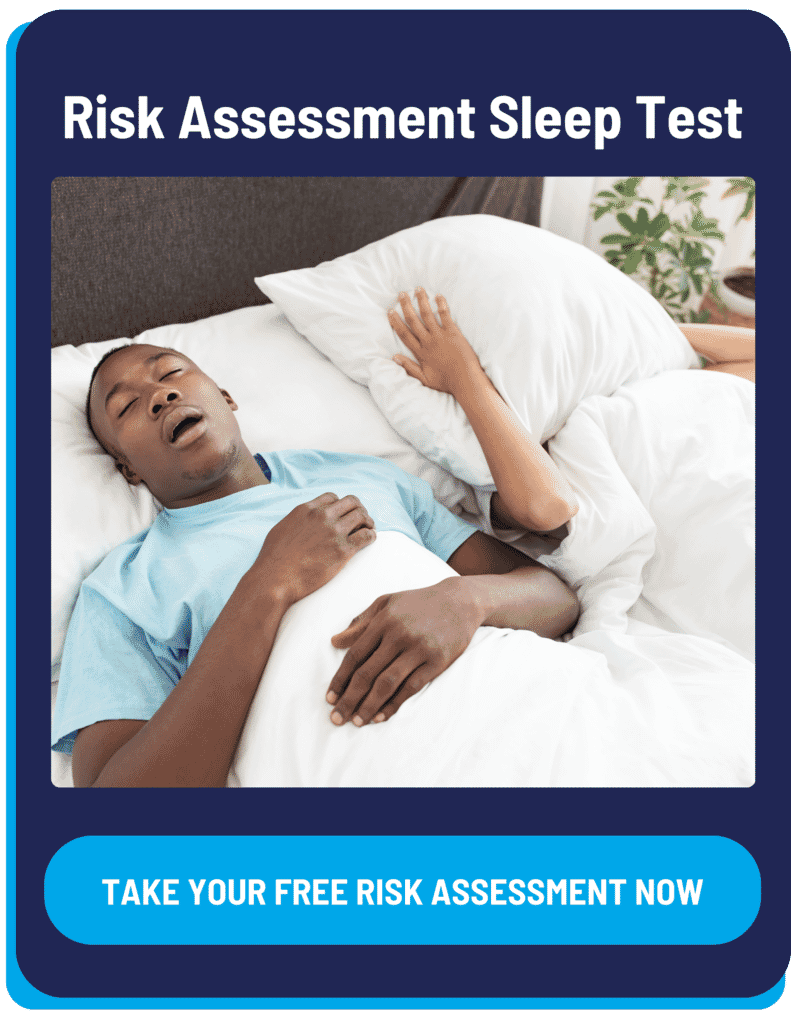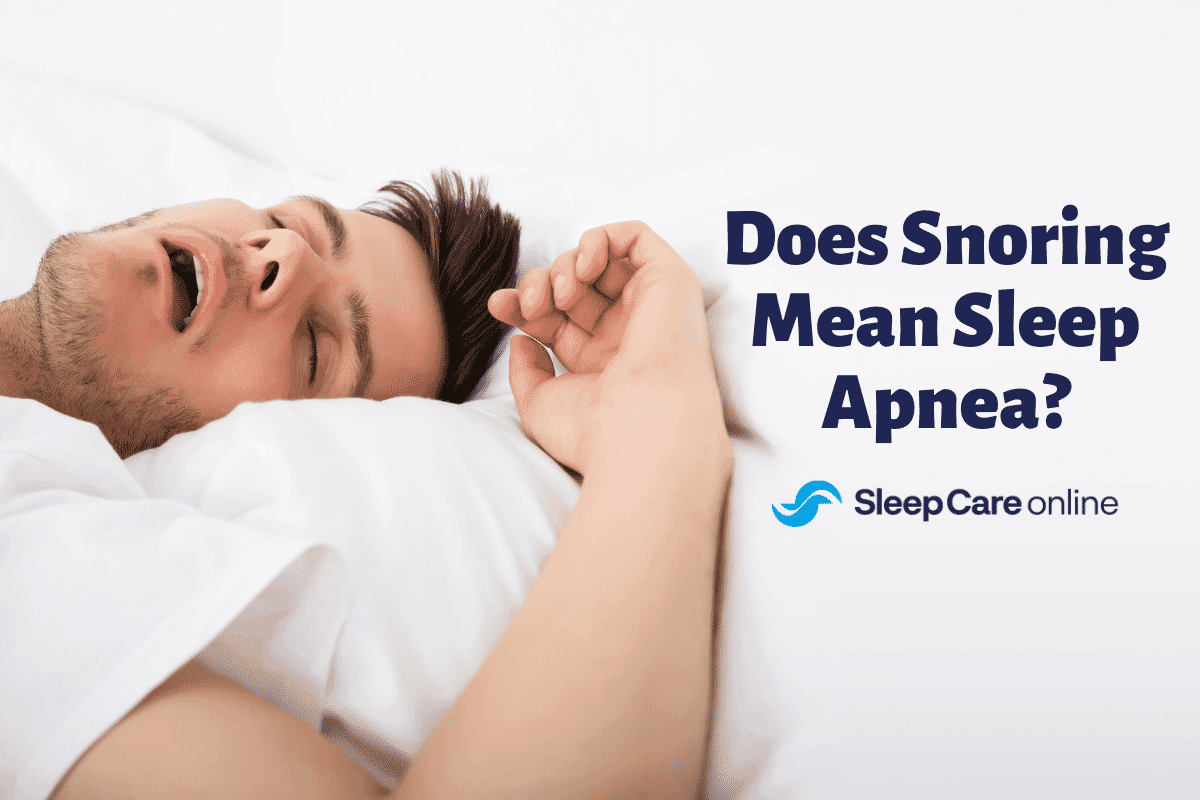
That’s why addressing sleep problems right away is critical for both physical and mental health and well-being. Today, home sleep testing is easier than ever, allowing most people who suspect that they have a sleep disorder to test themselves at home. Many sleep loss concerns can be associated with one of the most common sleep disorders: obstructive sleep apnea, affecting nearly 39 million adults in the US. 2
What are The Most Common Sleep Disorders?
Not all sleep loss is chronic. Stress and anxiety can affect sleep periodically. However long-term sleep deprivation can be a major health concern. Often lifestyle factors such as erratic sleep habits, and alcohol use contribute to unhealthy sleep.
Existing health problems such as clinically diagnosed depression and anxiety can also contribute to chronic sleep difficulties such as insomnia or inconsistent sleep throughout the night. In many instances, undiagnosed sleep apnea may be the cause of sleep problems. It is estimated that 2-4 percent of Americans are suffering from sleep problems from undiagnosed sleep apnea.
Quick Tips for Better Sleep
A problem with sleep may not always involve treatment. Often lifestyle choices can help achieve healthier sleep.




Read more about healthy sleep habits in this detailed article.
When Home Remedies Aren’t Enough: Considering A Home Sleep Test
While good sleep hygiene can be helpful it may not be a solution if you suffer from a disorder like sleep apnea. The first step to understanding if you have sleep apnea is to get a diagnosis. Today, home sleep apnea tests have made sleep apnea diagnosis easy and convenient.
A sleep apnea test can be taken in the comfort of your own bedroom. Instructions provided help you set up the test and schedule the night when you wish to take the test. The results are reviewed by healthcare providers who can recommend treatment—all without visiting a doctor’s office.
How Home Sleep Tests Work
- Purchase your home sleep test and schedule a brief telehealth visit with a sleep doctor to discuss symptoms.
- Once your test arrives in the mail, you can decide when you would like to take the test.
- Following the provided instructions, you complete the sleep test in one night.
- The results of the test are reviewed by a sleep doctor who can prescribe proper treatment for sleep apnea.
Why a Sleep Apnea Home Test?
- Home sleep apnea tests eliminate the hassle and discomfort of an in-lab study.
- You can conduct a home sleep test on your own schedule.
- Home sleep apnea tests are more affordable than lab-based sleep studies.
- Home tests provide a high level of accuracy, capturing critical data such as snoring intensity, duration of breathing pauses and oxygen level fluctuations.
Recognizing The Signs of Sleep Apnea
Even before you take a home sleep apnea test, you may notice the symptoms of sleep apnea. They include:
- Loud snoring
- Pauses in breathing while you sleep
- Morning headaches
- Drowsiness the next day, even after waking up
- Difficulties with memory or concentration
If you experience these symptoms on a regular basis, a home sleep apnea test may be the best next step. You can also speak to your doctor about difficulties sleeping and the possibility of sleep apnea.
Lifestyle Changes for Better Sleep And Overall Health
Along with improved sleep hygiene, other lifestyle changes can benefit sleep health.
Maintain a regular exercise routine. Exercise can help reduce stress and excess energy which can keep you up at night.
Sustain a balanced and healthy diet. A healthy diet improves digestion. Poor digestion can affect sleep.
Stay mindful and practice relaxation. Stress can leave you with a racing mind while you try to sleep. Meditation and other relaxation techniques can help you sleep more peacefully.
Put self-care first. While your job and family demands can affect sleep, be sure to make your own health a priority.
Conclusion
It’s your choice to make healthy sleep important by improving sleep hygiene and overall lifestyle. If you continue to experience sleep difficulties, sleep apnea may be the cause. Home sleep apnea tests, like the one offered by Sleep Care Online, are easy and affordable and can help you pinpoint sleep apnea as your sleep problem. A sleep apnea diagnosis is the beginning of a solution to your sleep issues. With proper treatment and personal choices for better health, you can begin to sleep peacefully.
References
- Institute of Medicine (US) Committee on Sleep Medicine and Research. Harvey R Colten, Bruce M Altevogt. Sleep Disorders and Sleep Deprivation: An Unmet Public Health Problem
- Vanessa Ling, ND, CNS. Sleep Apnea Statistics and Facts You Should Know



